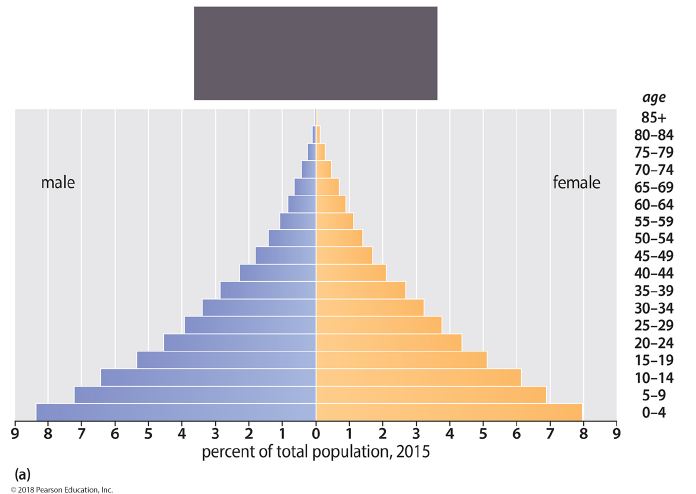How does the Theory of Plate Tectonics explain climate change over periods of millions of years??
What will be the ideal response?
ANSWER: According to plate tectonics, the now existing continents were at one time joined together in a single huge continent, which broke apart. Its pieces slowly moved across the face of Earth, thus changing the distribution of continents and ocean basins. We find glacial features near sea level in Africa today, suggesting that the area underwent a period of glaciation hundreds of millions of years ago. Were temperatures at low elevations near the equator ever cold enough to produce ice sheets? Probably not. The ice sheets formed when this land mass was located at a much higher latitude. Over the many millions of years since then, the land has slowly moved to its present position. Along the same line, we can see how the fossil remains of tropical vegetation can be found under layers of ice in polar regions today.
You might also like to view...
Based on your readings about population pyramids AND the Demographic Transition Model, which of the following nations is likely represented by this population pyramid?

A) Japan
B) United States
C) Nigeria
D) China
E) Russia
Sharks are: a. bony fish
b. all meat eaters. c. ancient. d. almost all aggressive toward humans.
Discuss the characteristics and location of Europe's three major climates
What will be an ideal response?
Customs or folk customs most closely approximate a ________.
A. cultural region B. cultural trait C. cultural complex D. cultural realm